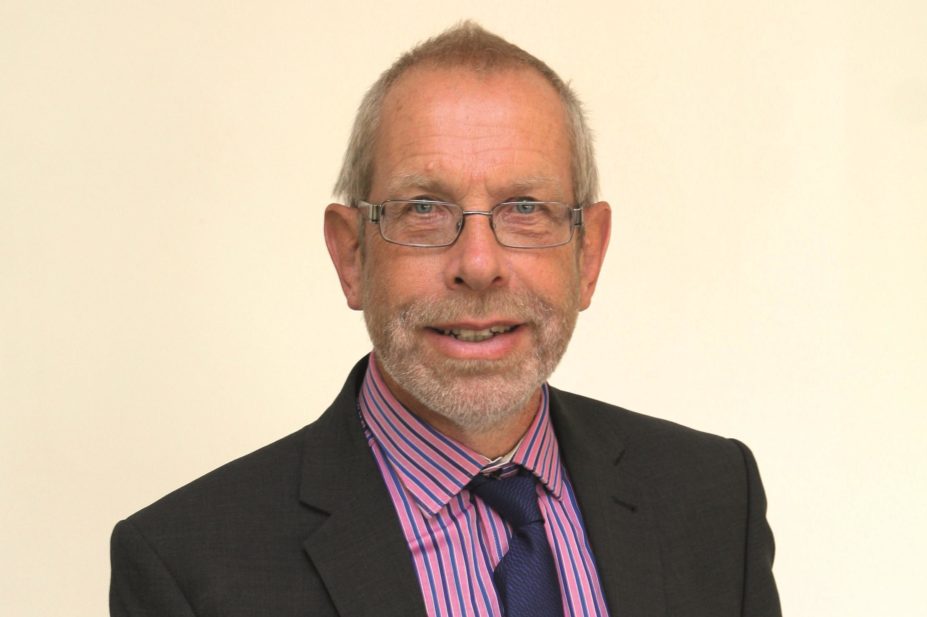
Royal Pharmaceutical Society
Has the government made the wrong decision in deciding not to cap pharmacy student numbers?
An overwhelming number of consultation respondents agreed with the Royal Pharmaceutical Society (RPS) that there should be a cap on pharmacy student numbers.
The RPS was very thorough and far-sighted in leading the debate on this issue. Under the guidance of the RPS Education Expert Advisory Panel, the English Pharmacy Board (EPB) of the RPS was able to understand the detailed case for all the various scenarios relating to student numbers. The response from the EPB in favour of some kind of system to manage student numbers was based on a well-researched and well-reasoned case.
Will the decision harm the pharmacy profession in the long term?
This is a complex issue. There is little doubt that during my lifetime a shortage of pharmacists led to many opportunities not being pursued and these opportunities were instead taken on by other health professionals. In addition, the development of clinical pharmacy in hospitals led to a much greater demand for pharmacists in that sector.
The potential for further developments of clinical pharmacy roles in primary care, such as those currently being advocated by the EPB, may lead to a need for many thousands more pharmacists. If such clinical roles made it necessary for all pharmacies to employ at least two pharmacists and for every general practice in the land to want a pharmacy team working with them, then one can imagine a huge demand for pharmacists.
If, however, we are unsuccessful in developing these roles, and the number of universities with schools of pharmacy continues to grow, then unemployment is inevitable and that is not in the interests of the profession.
Do you think the government will regret this decision in the years ahead?
The government is in the process of moving universities into a self-managed and self-financed private sector. Once they have completed this process, they will not be interested in the pharmacy numbers.
Does the RPS plan to increase the support it can offer to newly qualified pharmacists looking for work?
At the EPB meeting in January 2015, we plan to spend a day looking at this whole area and agreeing our strategy for the future. This is one potential area for discussion.
Should the General Pharmaceutical Council be given powers to refuse approval of new schools of pharmacy to limit the expansion of student numbers?
I was shocked to find that they had no such powers. The registration exam is the only real method at their disposal to limit pharmacist numbers and yet it does not give much control, because if all students achieved a high standard they would have to pass them. They can only regulate quality.
Are you concerned that the quality of candidates applying to pharmacy courses will decline without controls on numbers?
Yes. There is already a view that the current expansion of student numbers is resulting in a lowering of standards of entry into some schools of pharmacy. If that continues — and because of limited job opportunities — a degree in pharmacy becomes less attractive, and so A level grade requirements may continue to fall.
Pharmacy enjoys access to the very best students at the moment and if that changes it will inevitably affect the calibre of graduates. My view is that the pass rates of the various schools of pharmacy should be published and those achieving low rates of pass for pre-registration students should be made to reduce numbers, improve quality or be closed.
What does the RPS hope to achieve from meeting with officials on this matter?
There have been a large number of discussions and meetings already since the decision and the advice to me is that Greg Clark, the government’s minister for science, universities and cities, is unlikely to change his view, particularly so close to a general election. We clearly need to make the case again to any new administration that is in place after the general election in May 2015.
Will the RPS continue to call for a cap on student numbers?
Yes, but it will not be the only avenue to explore. Capping student numbers is a method of managing the size of the profession, but it is not the only method.

